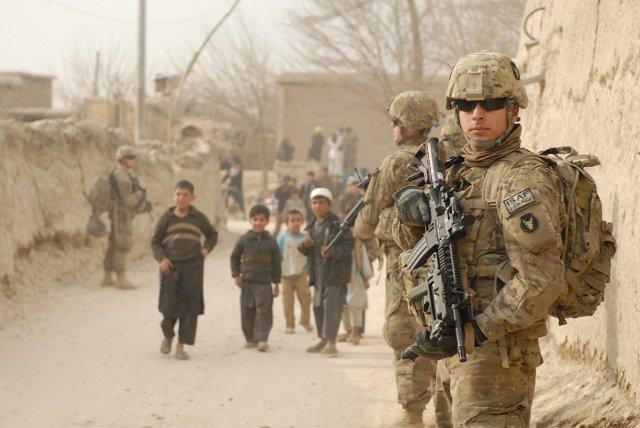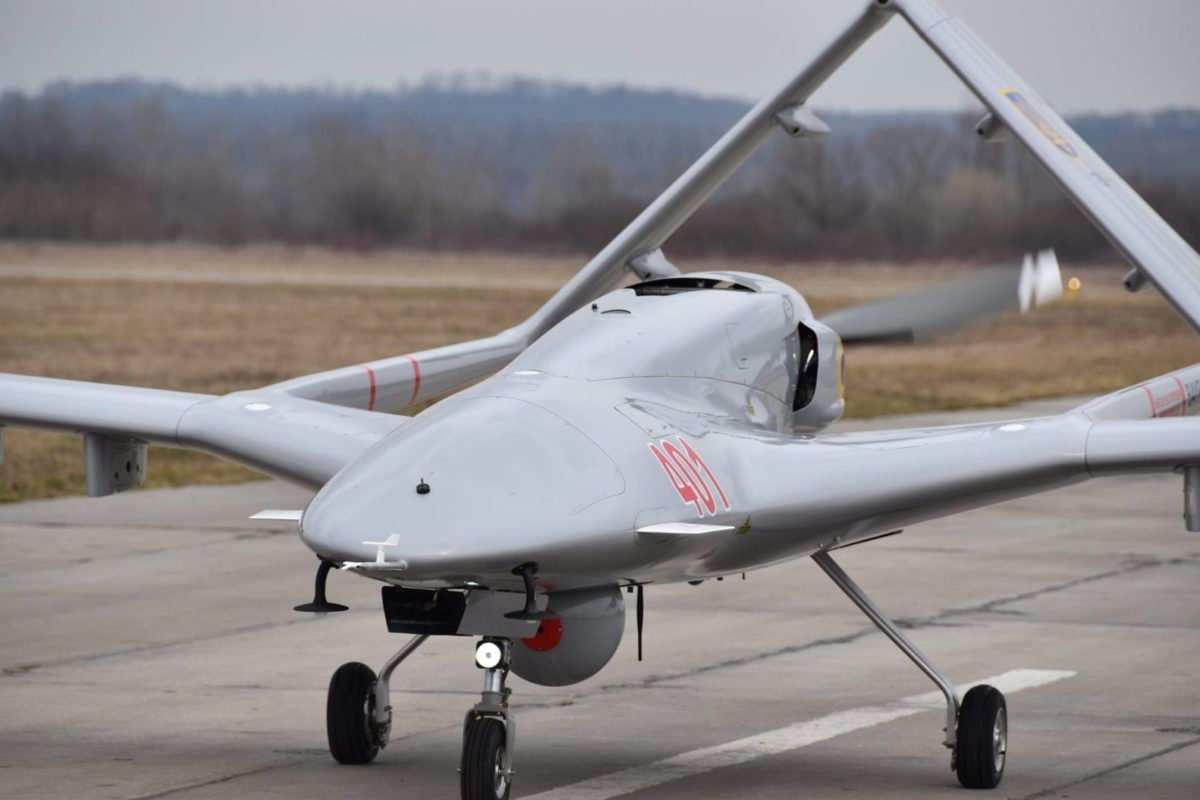
President Barack Obama’s recent decision to leave 8,400 U.S. forces in Afghanistan through next year and NATO’s announcement over the weekend to support the United States with another 3,000 troops—as well as $1 billion in financial support— means the effort to secure a lasting peace in Afghanistan will enter its 16th year with U.S. forces still operating on the ground and in the air above Afghanistan. Two U.S. administrations have now pursued an elusive peace in this region of the world at a staggering cost in blood and treasure.
Despite Obama’s efforts to button up this war before the end of his watch, he has correctly concluded that to pull U.S. forces out now would likely ensure the demise of the fragile government in Kabul. More time may be exactly what is needed to defeat what has proved to be an intractable enemy.
At this juncture many Americans may be wondering “How do you know when you’ve won the fight against these radical Islamic forces?” Before that important question can be answered a few fundamentals of strategy and history must first be considered because therein lie the answer.
In the oft-quoted Art of War, the Sun Tzu advises that “there has never been a protracted war from which a country has benefited.” Ironically, a future People’s Republic of China would emerge from a protracted war, and a new theory of war titled On Protracted War, would be penned by its victorious leader Mao Zedong. Mao fought a protracted insurgency and effectively used time as a weapon against the nationalist forces and their allies.
Many insurgencies have achieved success by using the principles outlined by Mao. This was true long before Mao applied them to achieve a communist victory in the turbulent landscape of China in the 1930s and ’40s. For instance, our own American Revolution was won in part by leaders that were able to keep the revolutionary flame burning in the hearts of Colonial Americans while using time as a weapon against the British. The Americans raised the cost of the war by deliberately protracting the conflict. That is a common strategy in situations where a weaker power has few conventional options at its disposal.
Since the golden age of Athens, history offers many examples of democracies and powerful nations having a great deal of difficulty fighting protracted wars. Early in the 20th century, America would first find itself on the receiving end of being “the major power” in a protracted war. That happened in a somewhat obscure chapter in American history, when the U.S. Marines intervened in Nicaragua (1907–1934). During that long intervention, the Marines fought hundreds of battles, but in the end failed to defeat the guerrilla forces under the command of Augusto Sandino.
The U.S. Marine Corp’s seminal Small Wars Manual, first published in 1940, captured many of the lessons learned from the Nicaragua occupation. Later in the 20th century the U.S. again failed to secure victory, in its complex and protracted war in Vietnam where the enemy once again effectively used time to erode U.S. resolve. In the context of the war in Afghanistan, the stakes for victory are arguably far higher than they were in Nicaragua or even in Vietnam. After all, neither of those nations served as a bastion for terrorists who successfully launched attacks on American soil.
So, back to the question of when can victory be declared in the war against al Qaeda and other radical terrorist groups. Post 9/11 wars represent America’s third attempt at winning a protracted war. As noted above, America’s track record, to date, in fighting entrenched insurgencies on foreign soil is not very encouraging. But the long game may be exactly what is needed to defeat the ideas that motivate those forces of terror aligned against the West and others.
The problem with defeating an insurgency is that the center of gravity is not a building, a person, or even a geographic location; rather, it is the idea that their movement represents. Daesh (ISIS) and al Qaeda desire to roll back the clock and restore the golden age of a unified Islamic Caliphate. That resilient idea still inspires enough followers to join the battle and make the ultimate sacrifice despite facing a superior military force. As events in Orlando, Fla., recently demonstrated, a lone wolf can wake up one morning, adopt the idea being promoted by these groups and take matters into his own hands. One lesson learned during the past 15 years of fighting in Afghanistan, Iraq, and elsewhere against these forces is that ideas are a hard thing to quickly defeat with conventional military power.
Recently, some have argued that the reason these terrorist forces still exist is that insufficient force has been applied. They advocate for a World War II-style maximal means strategy to defeat ISIS. They argue that ISIS can only be defeated if the U.S. is willing to commit many thousands of ground forces in Iraq and Syria. The proposed strategy they offer would use a General Curtis LeMay-style aerial bombing of urban areas, and a large mechanized ground force in a General George Patton-style blitz to sweep the enemy from the field.
While that proposed strategy offers a high degree of visceral satisfaction for many who desire an end to this protracted conflict, among other legal, and targeting problems, it would likely do more to amplify the appeal of the “idea” at the heart of radical Islamic terrorism, than it would to defeat it. After all, the level of conventional force used against our enemies has systematically decapitated their leadership, destroyed their valuable materials, and killed thousands of their fighters in the field. Yet, the idea they promote still burns bright enough to attract yet more followers to take up the fight.
While some advocate the application of more conventional power in the air and on the ground in Afghanistan, Iraq and Syria, as Obama has often said, “if there was an easy solution to this fight, we would have tried it already.” Large-scale conventional forces have in fact already been tried in both Afghanistan and Iraq, but a lasting victory was not secured through those efforts.
How you know you’ve won is when the dangerous ideas held in the hearts and minds of a diminishing few are forced to live on the margins of society and each time they try to rally they are suppressed. Victory comes when those who hold these toxic ideas are either reformed, or rejected by their own cultures and societies. Then, and only then, can a better peace exist.
Obama’s decision to maintain sufficient U.S. forces in Afghanistan to continue the fight against radical terrorists was the correct one. When can victory be declared? Time will tell, and the sustainment of U.S. and NATO forces in the region will make sure that the factor of time also remains a weapon for the good guys.




